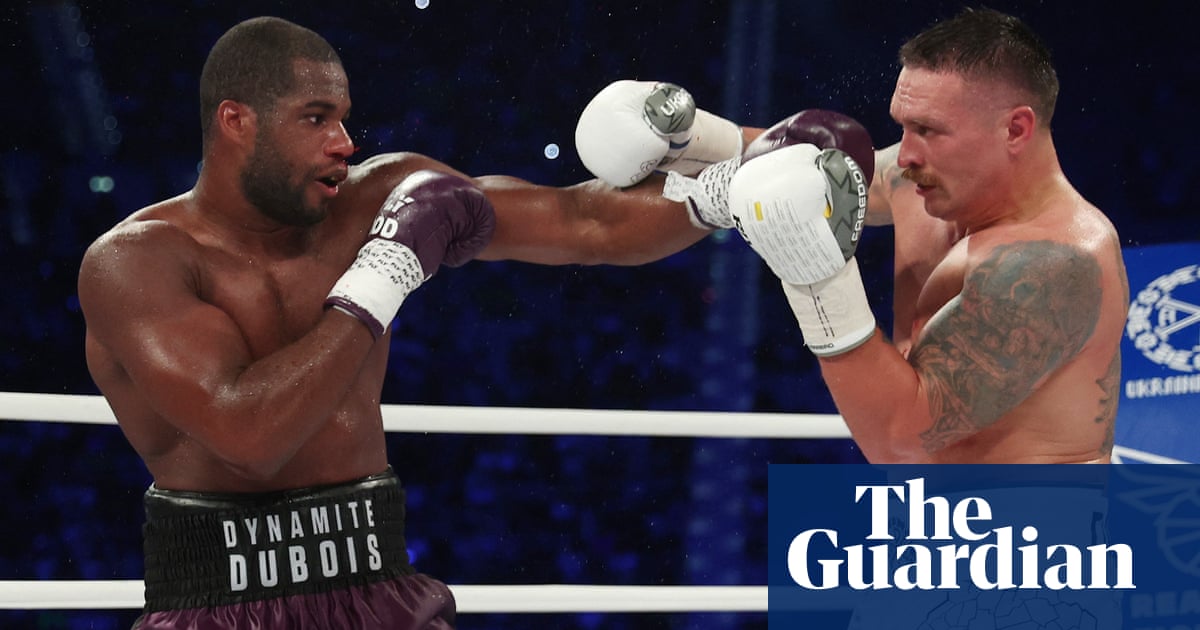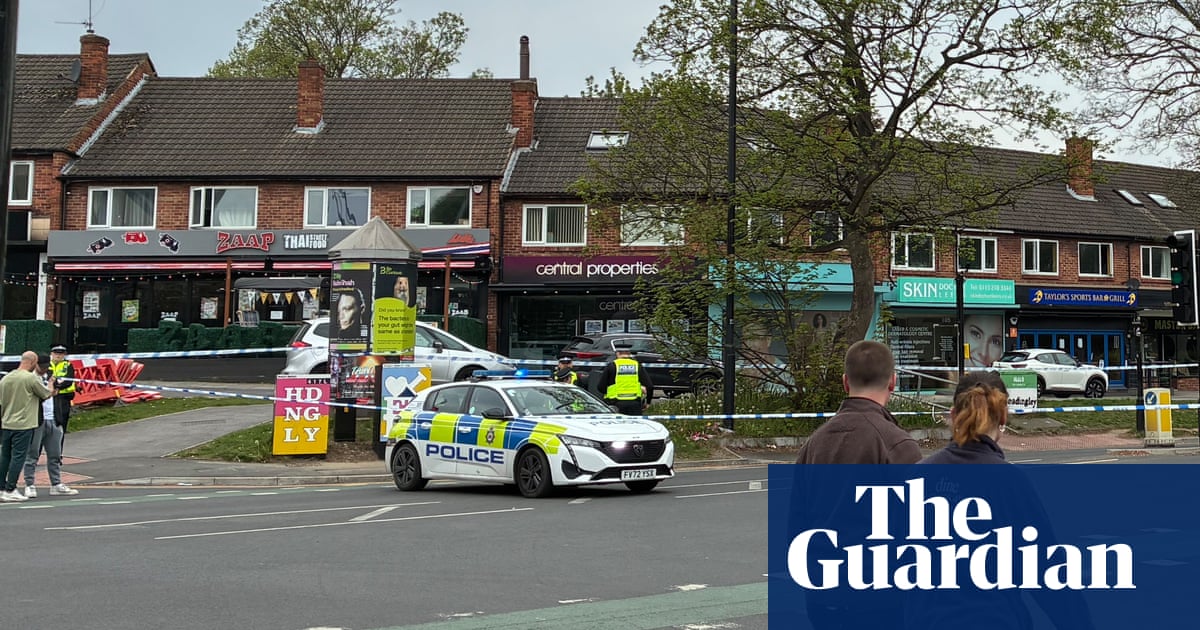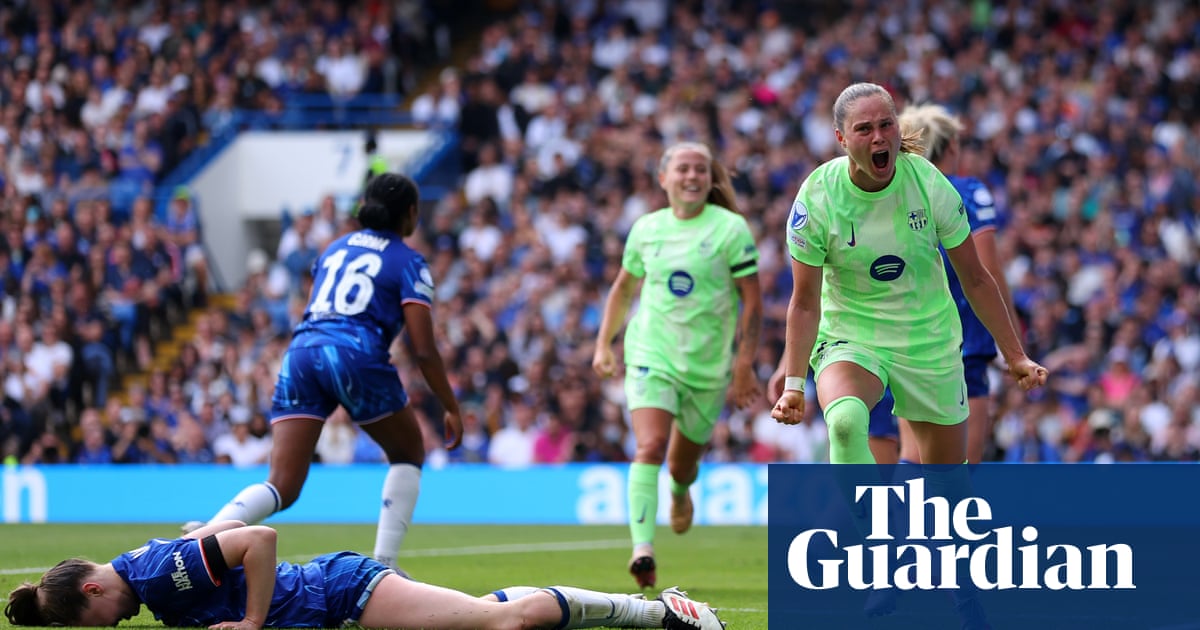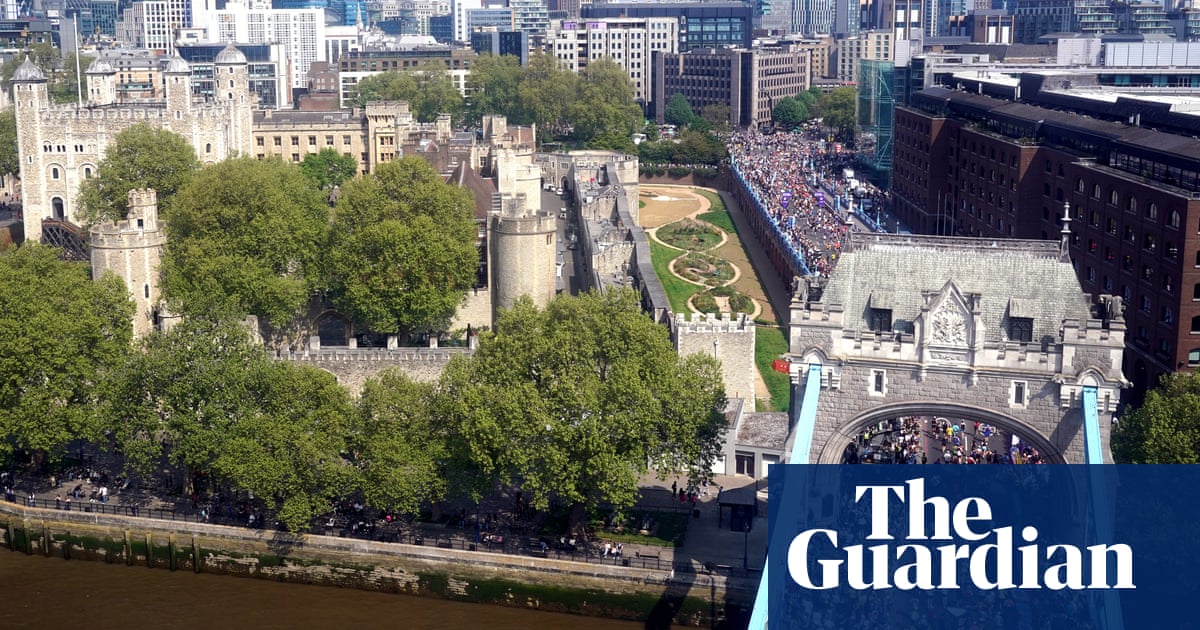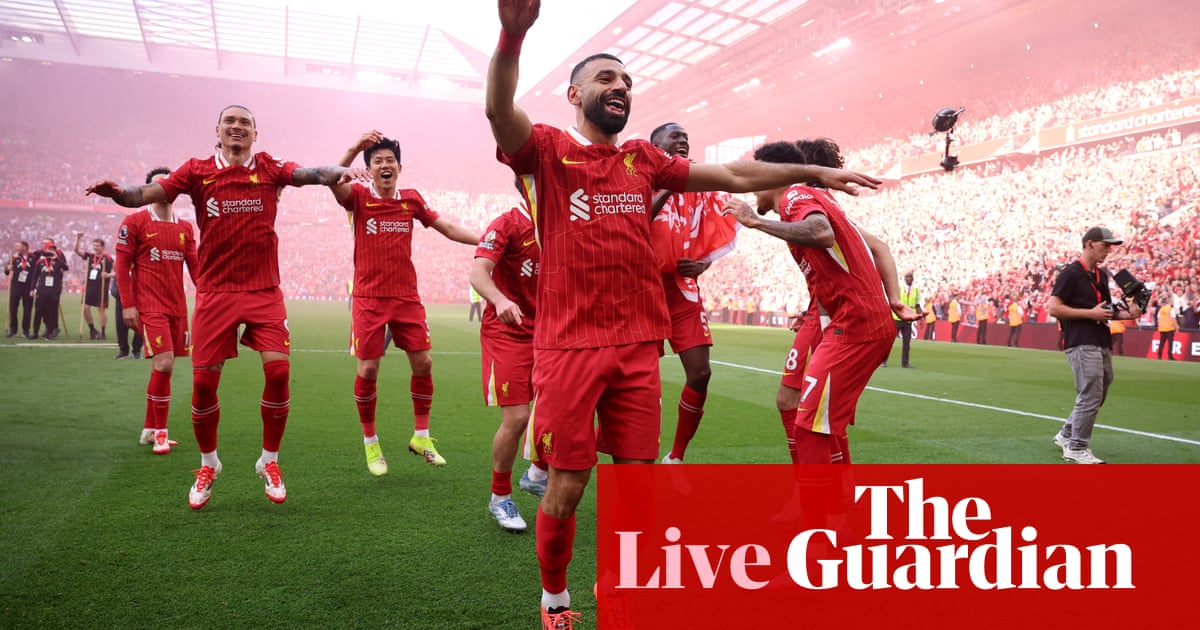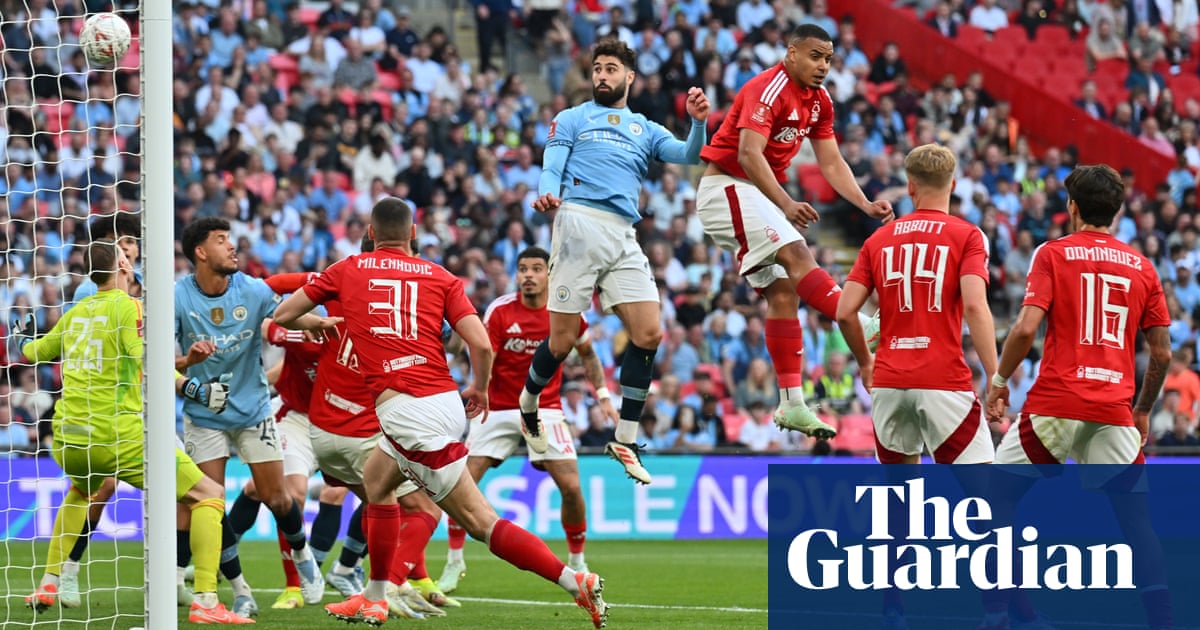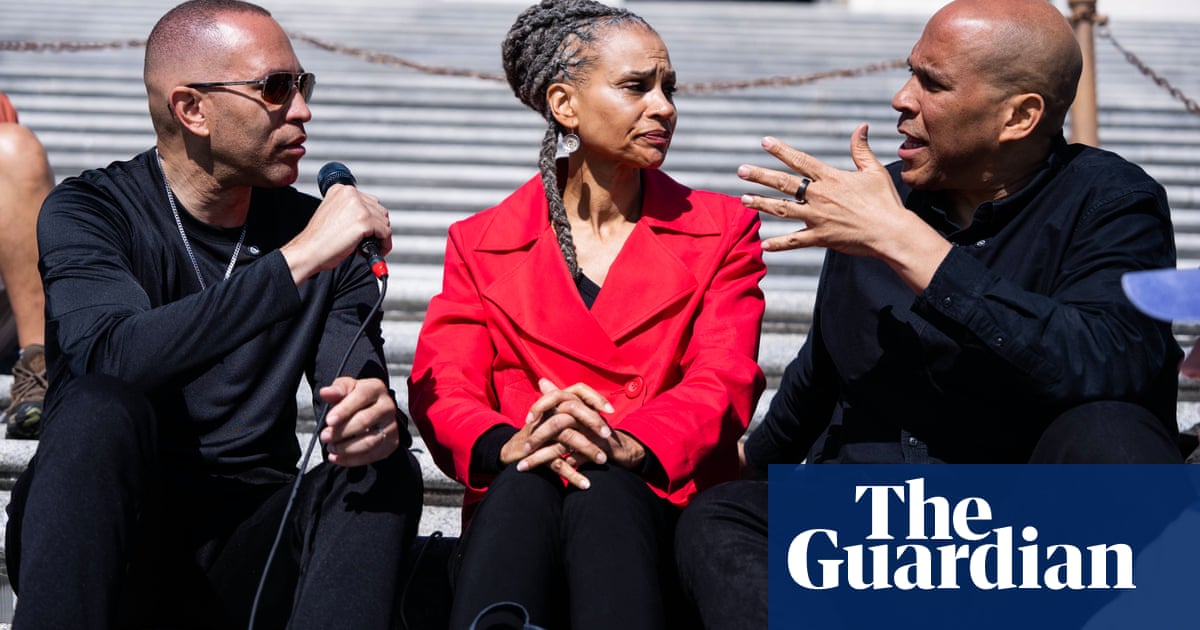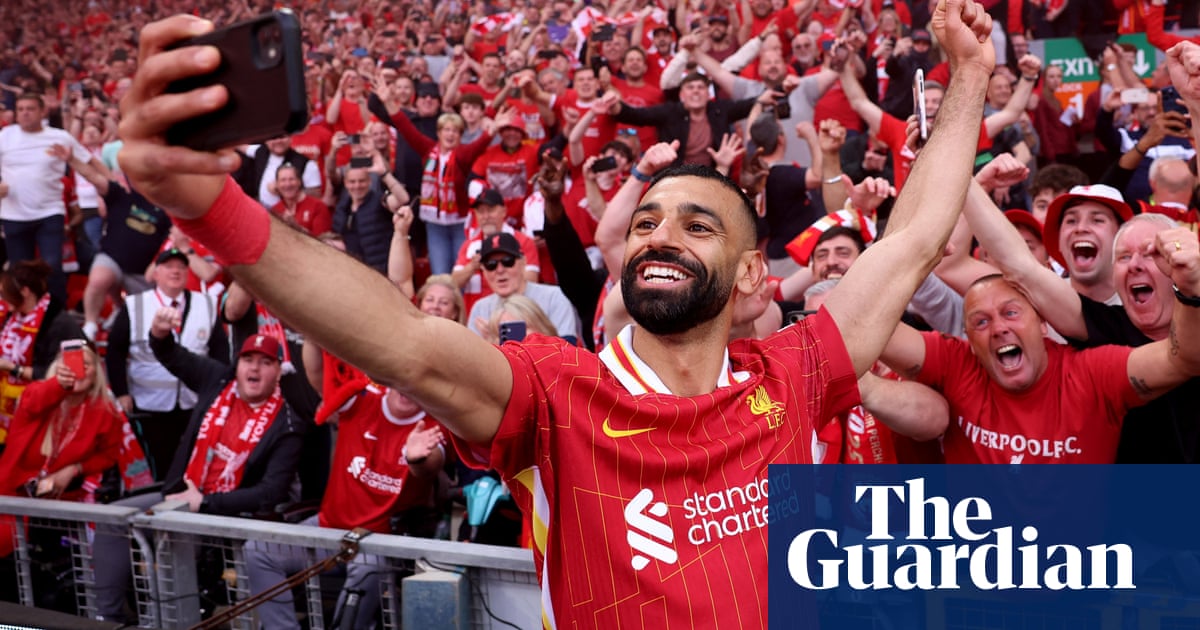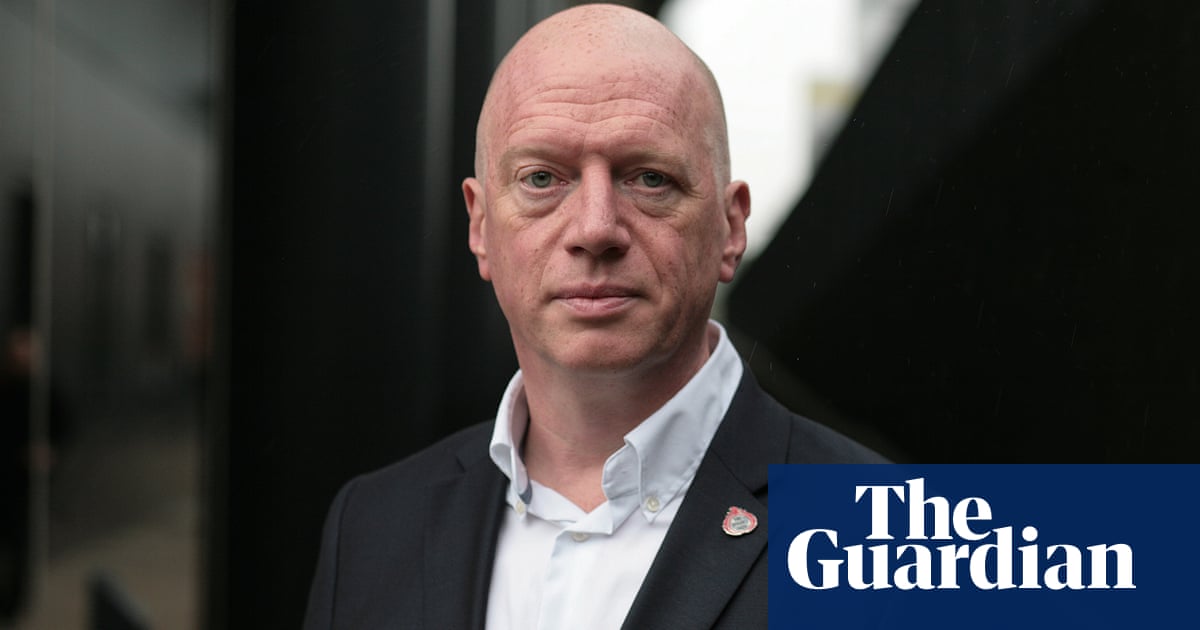Global beer corporations are using their financial muscle to elbow smaller competitors off the bar, according to research that found independent breweries have been shut out of most of their local pubs.
The number of breweries in the UK that are not owned by a larger business or multinational is already in decline, falling by 100 last year to 1,715, according to figures released earlier this year by the Society of Independent Brewers and Associates (Siba).
In its annual independent beer report, parts of which have been shared with the Guardian, the trade body for British indie brewers said tough conditions were exacerbated by difficulty selling to local pubs.
Siba members told a survey that 60% of the pubs within 40 miles were inaccessible to them, choking off potential sources of revenue and reducing choice for consumers thirsty for more interesting options at the bar.
They blamed conditions imposed by large breweries and some pub chains, including financial agreements that impose conditions on what beers pubs can sell.
The report found that large brewers had exploited pubs’ post-Covid financial difficulties to offer them loans in exchange for lasting exclusive agreements to stock their beers.
Thousands of pubs are also subject to “beer ties”, which means they rent their premises from a pub company, which can impose conditions on what they sell.
Of Siba’s 700 members, 79% said the main barrier to market access was that pubs’ beer lines had been monopolised by large brewers. In Scotland, pubs have a right to stock a “guest” beer but this does not extend to the rest of the UK.
About 5% of Siba members said they were also affected by large pub chains demanding deep discounts that are not feasible for smaller brewers.
Jamie Delap, the managing director of the award-winning Fyne Ales brewery in western Scotland, said ensuring a level playing field for independent breweries was their “biggest challenge”.
“There is so much unfair competition in this industry,” he said. “The way the big brewers compete is designed to make it more difficult for the smaller, independent people to get in.”
Andy Slee, the chief executive of Siba, said the difficulty of getting into pubs was at odds with the trade body’s polling of customers, who said they want more independent beer.
“It’s shocking that a local independent brewery can’t offer its beers for sales to a majority of the pubs in the local area and shows why the government needs to step in to open up the market,” Slee said.
after newsletter promotion
A spokesperson for the British Beer and Pubs Association (BBPA), whose members include large pub-owning companies, said: “The UK beer market allows brewers both big and small to thrive, proven by a soaring number of brewers over the last two decades who offer an incredible range of beers to consumers in managed, tenanted and independent pubs.
“What holds brewers back is that they are the highest-taxed sector of the economy, a deeply unfair situation compounded by eye-watering new packaging taxes [Extended Producer Responsibility (EPR)]. Government must review their unfair and chaotic EPR regime and cut beer duty so that pubs and brewers continue to support growth and jobs.”
There was rapid growth in the number of independent breweries in the UK after 2002 when the then chancellor, Gordon Brown, introduced tax breaks for smaller producers. But the resulting “craft beer revolution” has since slowed and moved into reverse last year.
Large brewing corporations have moved quickly to swallow up fast-growing smaller competitors that proved most popular with drinkers.
High-profile examples of “craft” buyouts include Beavertown and Brixton, bought by Heineken, and Camden, whose £85m sale to Budweiser maker AB InBev in 2015 kicked off the buyout boom.
The trend led Siba and its members to ditch the “misleading” craft beer tag last year, adopting “indie beer” instead.

 11 hours ago
8
11 hours ago
8
